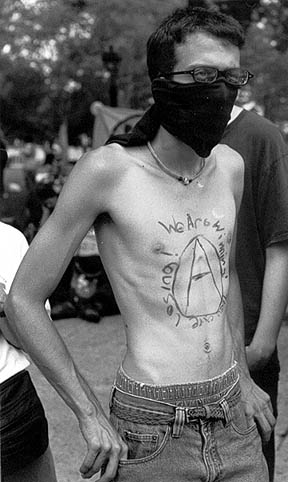Second-generation conservatives, Middle Americans who grew up in mid-century, were engulfed by a set of revolutions that turned their country upside down and from which there is no going home again.

A conservative’s task in society is “to preserve a particular people, living in a particular place during a particular time.”
Jack Hunter, in a review of this writer’s new book, “Suicide of a Superpower: Will America Survive to 2025?” thus summarizes Russell Kirk’s view of the duty of the conservative to his country.
Kirk, the traditionalist, though not so famous as some of his contemporaries at National Review, is now emerging as perhaps the greatest of that first generation of post-World War II conservatives – in the endurance of his thought.
Richard Nixon believed that. Forty years ago, he asked this writer to contact Dr. Kirk and invite him to the White House for an afternoon of talk. No other conservative would do, said the president.
Kirk’s rendering of the conservative responsibility invites a question. Has the right, despite its many victories, failed? For, in what we believe and how we behave, we are not the people we used to be.
Perhaps. But then, we didn’t start the fire.
[…]















